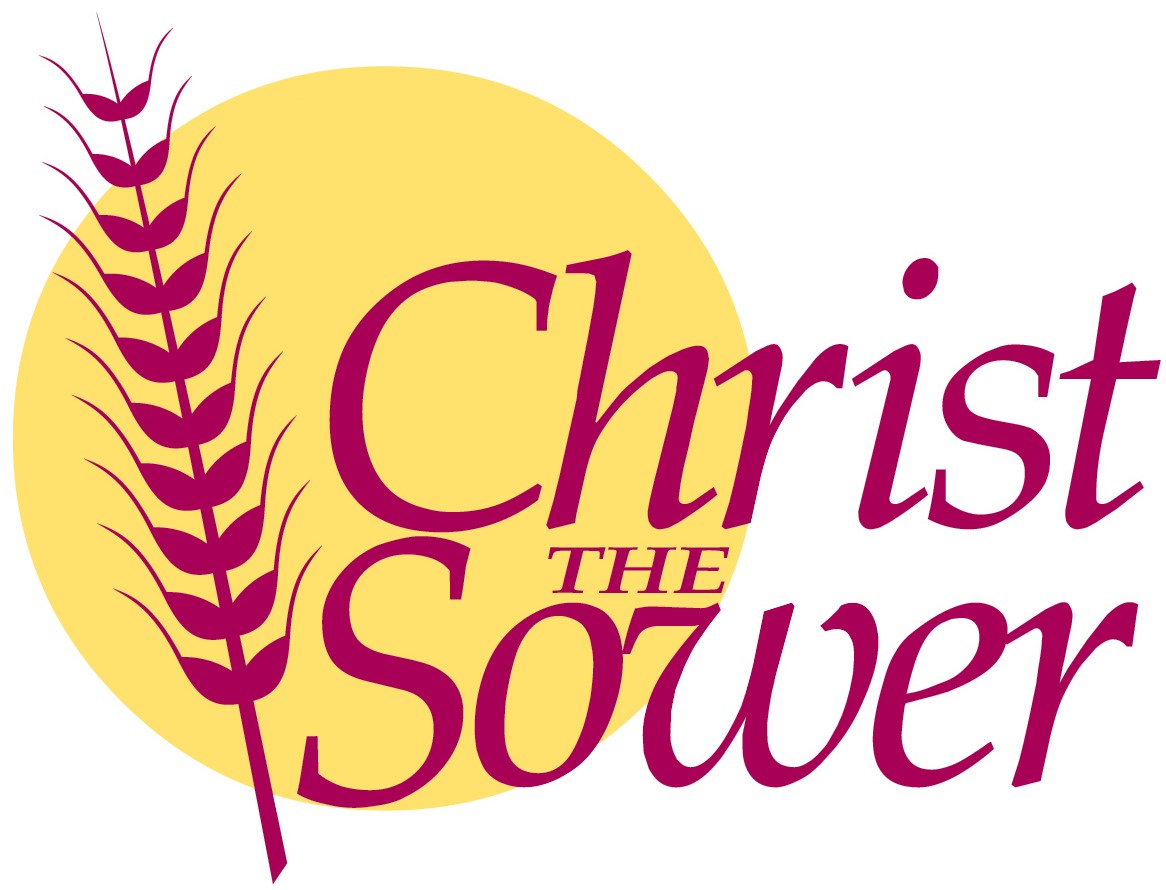Intent, Implementation and Impact
Intent
At Christ the Sower we understand the importance of maths in everyday life and so want to equip all children with the mathematical skills and knowledge for them to succeed. Our maths curriculum provides children with:
- a crucial foundation for all future mathematical learning
- the ability to reason and problem solve mathematically
- an appreciation of the beauty and power of maths
- a sense of wonder, enjoyment and curiosity for the subject.
From Spring 2023, we have begun to use the White Rose materials as a foundation. From here we are developing a maths curriculum that is challenging and coherently sequenced to allow all children to succeed. By adapting the White Rose overviews, we ensure coverage and that skills progress logically and in small steps that the children can build upon. All maths content is carefully sequenced within the curriculum so that new knowledge build on prior knowledge. This then allows children to remember and know more over time. Our maths curriculum allows children to spend a greater amount of time building their number competency so that skills and knowledge are embedded into the children’s long-term memory.
Monitoring suggests that our children find reasoning and problem solving challenging therefore, we encourage all children to reason mathematically by justifying and proving their answers, using the correct mathematical language. Children are equipped to solve problems by applying their mathematical knowledge to a variety of contexts.
Maths is taught in a language rich environment, using a wide range of resources and practical activities to allow all children to explore concepts through a CPA (Concrete, Pictorial, Abstract) approach. We are developing a clear understanding of the value and importance of the CPA approach so that pupils experience maths in a variety of ways.
Children find the retention of mathematical concepts challenging and so our robust programme of embedding and revisiting knowledge and skills ensures learning is a change in the long term memory. This guarantees that when children leave Christ the Sower they will know more, remember more and understand more. We analyse the key skills we want all of our children to be secure in but know that for those who are disadvantaged we need to build in a foundation of oracy, language acquisition, resilience and a growth mindset that enables children to believe that they can achieve. Self-regulation makes sure that there are high expectations in learning that are built into our maths curriculum. This allows our curriculum to maximise opportunities and that the children can take greater responsibility and pride for their own learning.
Implementation
- Monitoring and baseline assessments show that children enter the school with gaps in their fundamental and basic maths skills eg number bonds and times tables.
- Maths ‘rich’ classrooms in terms of vocabulary, stem sentences, modelled work and responses.
- High quality maths talk (eg I say, you say, we say and use of stem sentences) so that language is modelled and children can confidently speak using mathematical vocabulary.
- Implementation of the White Rose materials, which are adapted and tailored to meet the needs of our children.
- The White Rose scheme has an emphasis on number, so a large proportion of time is spent developing these fundamental skills.
- Training and implementation of bar modelling.
- Regular INSET, CPD and training (eg bar modelling) to develop subject knowledge and pedagogy for teachers and TAs.
- Pre-teaching, aimed at our PP, SEND and EAL children, to ensure vocabulary is taught before learning that uses that vocabulary.
- Regular, targeted interventions to consolidate learning and address misconceptions before the next lesson.
- Maths marking policy to ensure that misconceptions are addressed, progression is rapid and methods are efficient.
- Methods are clearly modelled on classroom working walls.
- Maths Book Expectations to ensure high presentation expectations are met in maths books.
- Rich and varied resources used in lessons, including practical lessons. Children know where the concrete resources and scaffolds are in their classroom to use whenever needed.
- Lessons are pitched high so that all children are challenged, lower attainers have the required scaffolds for them to achieve highly too.
- ‘Grouping’ in Year 5 and 6 has seen a positive impact on pupils enjoyment of maths and their confidence. This has also allowed for good progress to be made, especially for PP and GDS groups.
- ‘Grouping’ allows those children who need longer to embed their learning, can work at the right pace for them.
- Regular monitoring by subject lead and maths Governor.
- Work is being undertaken to ensure children achieve well in the MTC, including TTRS, rolling numbers and times table specific fluency targets.
- Fluency is a key aspect of mathematical processing and underpinning that is a bank of facts that the children will need to have at their disposal. The knowledge and understanding, that these facts are based on, are taught in class. The facts themselves are then set as targets that the children will be tested on within the term and the progress of these targets will be tracked.
- To support children further at home, we use MyMaths and TTRockstars.
- Progress of all children is monitored at termly pupil progress meetings. Any necessary interventions are then planned and put into action.
- Children receive instant feedback from live marking in the lesson to address misconceptions immediately. Regular marking for books enables us to use it to inform and adapt future planning.

